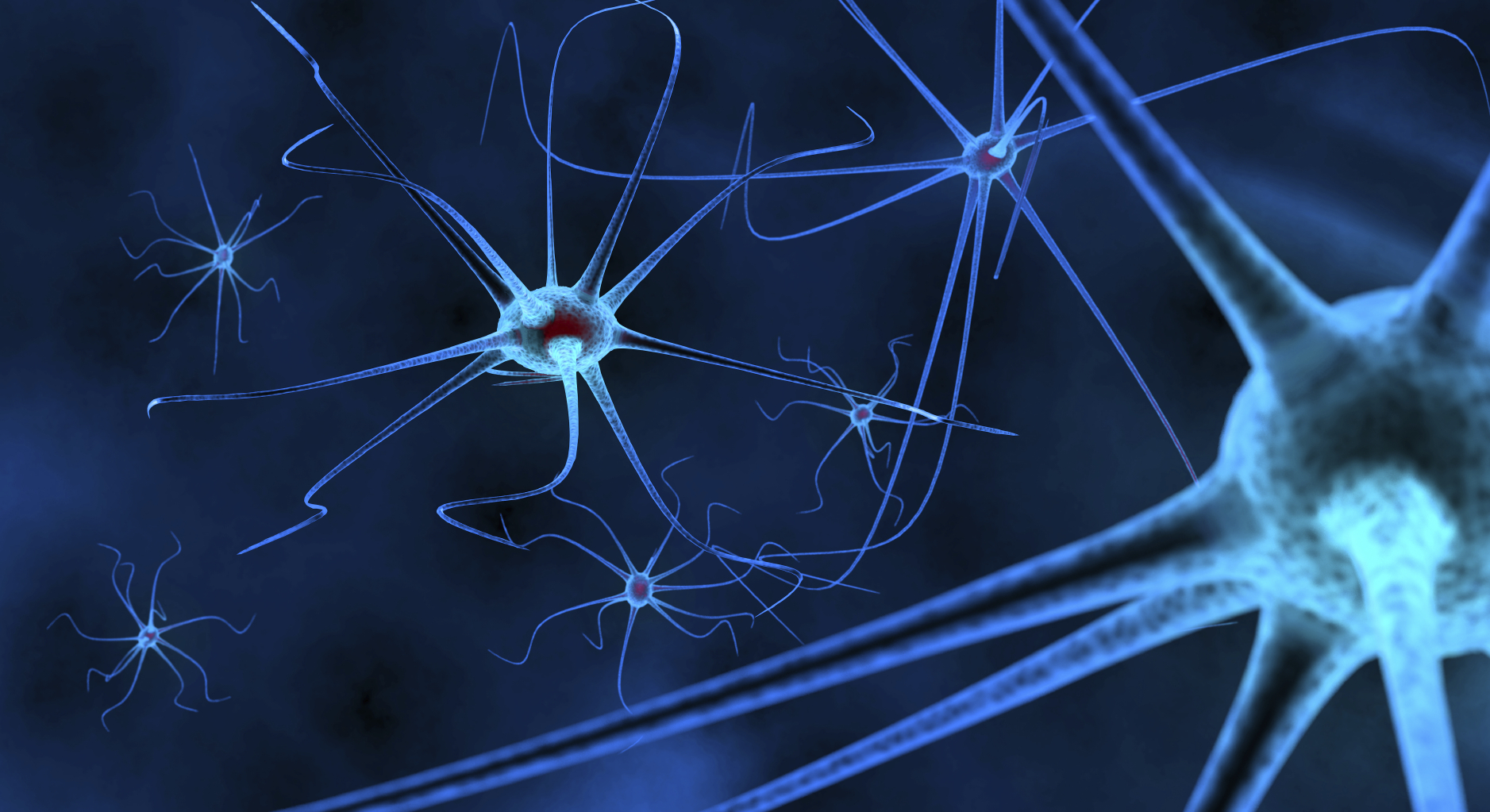Biogen/Ionis could launch rare disease drug within weeks

Biogen and Ionis Pharmaceuticals’ Spinraza could be on the US market within weeks after a phase 3 trial in the rare neuromuscular disorder, spinal muscular atrophy, met its goal.
The announcement is good news for Biogen, which is looking for alternative revenue streams to limit its reliance on its multiple sclerosis drug, Tecfidera.
According to an interim analysis, Spinraza (nusinersen) met primary endpoint in later-onset (consistent with Type 2) SMA.
The analysis found children receiving Spinraza experienced a highly statistically significant improvement in motor function compared with those who did not receive treatment.
The endpoint was based on the Hammersmith Functional Motor Scale Expanded, a validated tool designed to access motor function in children with SMA.
A change of three points or greater has been previously been identified as clinically meaningful – and those treated with Spinraza achieved a mean improvement of four points those on placebo declined by a mean of 1.9 points.
Spinraza also demonstrated a favourable safety profile, the companies said. Biogen is preparing for a potential launch in the US as early as the end of this year, or the first quarter of 2017.
The CHERISH trial has been stopped following the analysis and will be able to move to the SHINE open-label extension study to receive Spinraza.
Meanwhile the FDA has said it plans to make a fast decision on the drug’s filing, under a priority review.
The European Medicines Agency has also granted an accelerated assessment, meaning its CHMP scientific committee will attempt to complete a review within 150 days, as opposed to the standard 210-day maximum timeframe.
Biogen began a global expanded access programme in infantile-onset SMA earlier this year. The company will continue to explore where and when the programme may be broadened to include patients with later-onset SMA (consistent with Type 2).
A second 13-month phase 3 trial, ENDEAR, is assessing Spinraza in 122 patients with infantile-onset SMA, including patients with the onset of signs and symptoms of SMA at up to six months of age.
SMA is characterised by loss of motor neurons in the spinal cord and lower brain stem, resulting in severe and progressive muscular atrophy and weakness. Ultimately, individuals with the most severe type of SMA can become paralysed and have difficulty performing the basic functions of life, like breathing and swallowing.
Due to a loss of, or defect in the SMN1 gene, people with SMA do not produce enough survival motor neuron (SMN) protein, which is critical for the maintenance of motor neurons.
People with Type 1 SMA, the most severe life-threatening form, produce very little SMN protein and do not achieve the ability to sit without support or live beyond two years without respiratory support. People with Type 2 and Type 3 produce greater amounts of SMN protein and have less severe, but still life-altering forms of SMA.
SPINRAZA is an antisense oligonucleotide that is designed to alter the splicing of SMN2, a gene that is nearly identical to SMN1, in order to increase production of fully functional SMN protein.












